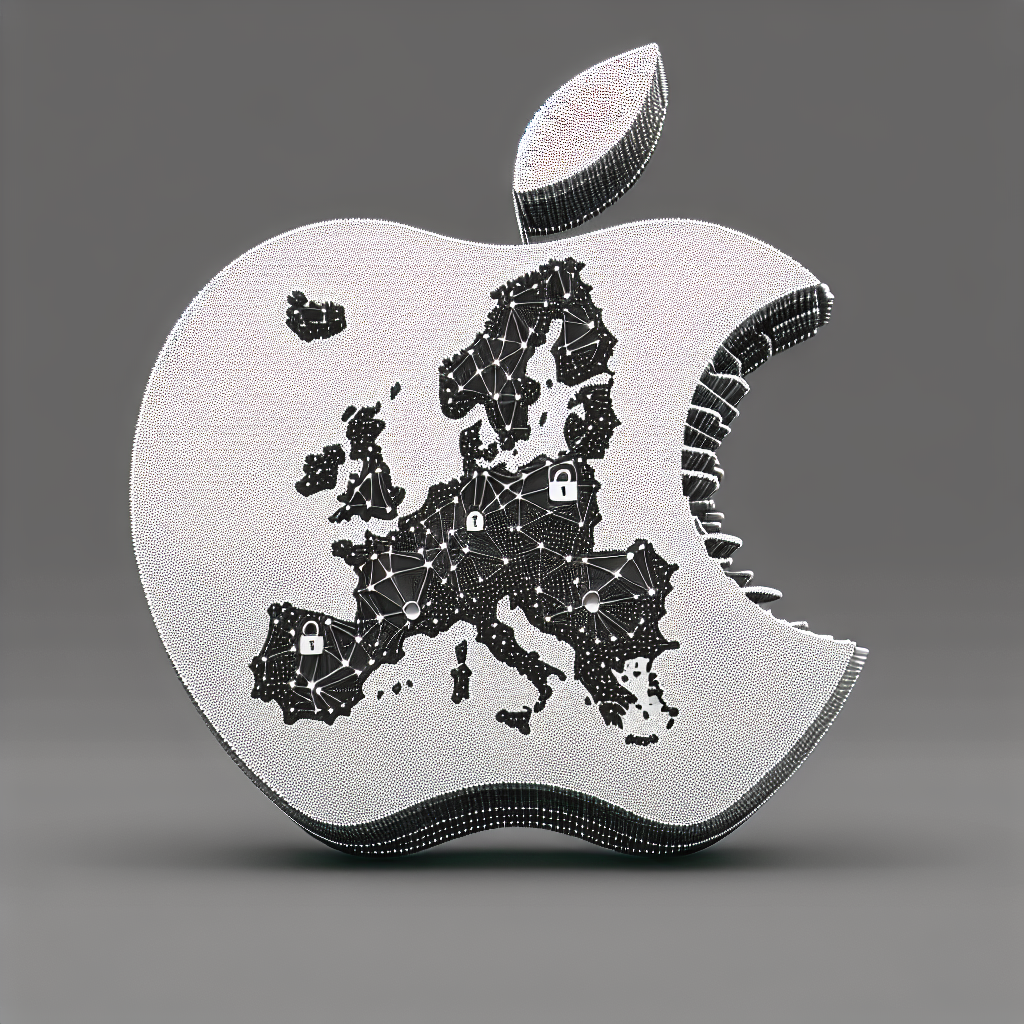Apple Confronts European Pressure to Turn Off App Tracking Transparency
Apple’s App Tracking Transparency (ATT) functionality, a vital element in safeguarding user privacy, is encountering obstacles in Europe. Regulatory examination and lobbying efforts from the advertising sector could compel the tech giant to turn off this feature in numerous European nations, including Germany and Italy.
Grasping App Tracking Transparency
Launched with iOS 14 in 2020, ATT permits users to determine whether apps can monitor their behavior across the internet and other platforms. When asked, a majority of users choose “ask app not to track,” affirming their privacy choices. This feature is praised by privacy supporters and users alike, yet it has faced backlash from advertising entities and certain major tech firms, such as Meta, which contend it disrupts their operational frameworks.
Regulatory Examination in Germany
The Federal Cartel Office (Bundeskartellamt, or BKartA) in Germany has voiced concerns that ATT may contravene antitrust laws. The central issue is that ATT affects third-party applications while exempting Apple’s own, resulting in claims of anti-competitive conduct. Apple responds by arguing that its applications do not gather information from other providers, defending the integrity of its privacy protocols.
Italy and Wider European Consequences
Italy is also evaluating ATT, with a decision anticipated by the end of 2025. Apple’s discussions with European regulators have unveiled proposed remedies that could potentially diminish ATT’s potency. The company remains steadfast in its dedication to upholding the privacy feature, expressing optimism that authorities will persist in backing its implementation.
The Effect of ATT on the Advertising Sector
The launch of ATT has had a substantial effect on the advertising sector, with reports suggesting a $12.8 billion revenue reduction for Facebook in a single year. This highlights the effectiveness of the feature in constraining data tracking and transforming the landscape of digital advertising. Despite its success, some applications have discovered loopholes to evade ATT, employing tactics to amass user data on a large scale.
Conclusion
Apple’s ATT functionality symbolizes a significant conflict in the ongoing discussion regarding user privacy versus advertising efficacy. As European regulators contemplate the future of this feature, the resolution will have enduring ramifications for digital privacy benchmarks and the operational models of numerous advertising-oriented firms.
Q&A: Comprehending the Ramifications of ATT
Q1: What is App Tracking Transparency (ATT)?
A1: ATT is a feature initiated by Apple in iOS 14 that enables users to manage whether apps can track their activities across other companies’ apps and websites.
Q2: Why is ATT contentious in Europe?
A2: ATT is contentious because European regulators and the advertising sector argue it could impede competition by impacting third-party applications while exempting Apple’s own, sparking antitrust worries.
Q3: What effect has ATT had on companies like Facebook?
A3: ATT has considerably affected firms dependent on advertising, such as Facebook, which reportedly experienced a $12.8 billion revenue decline as a result of the feature’s restrictions on data tracking.
Q4: How has Apple reacted to regulatory scrutiny?
A4: Apple has defended ATT, claiming it is an essential privacy instrument and has interacted with regulators to negotiate its ongoing utilization while suggesting several solutions.
Q5: Could ATT be turned off in Europe?
A5: There exists a possibility that regulatory pressures and industry lobbying might result in ATT being disabled in certain European nations, although discussions are in progress.
Q6: Are there alternatives to ATT?
A6: Yes, some applications have reportedly identified ways to bypass ATT, enabling them to gather user data despite the feature’s limitations.
Q7: What lies ahead for ATT in Europe?
A7: The future of ATT in Europe will be contingent on the outcomes of regulatory decisions in nations like Germany and Italy, which are still under consideration.